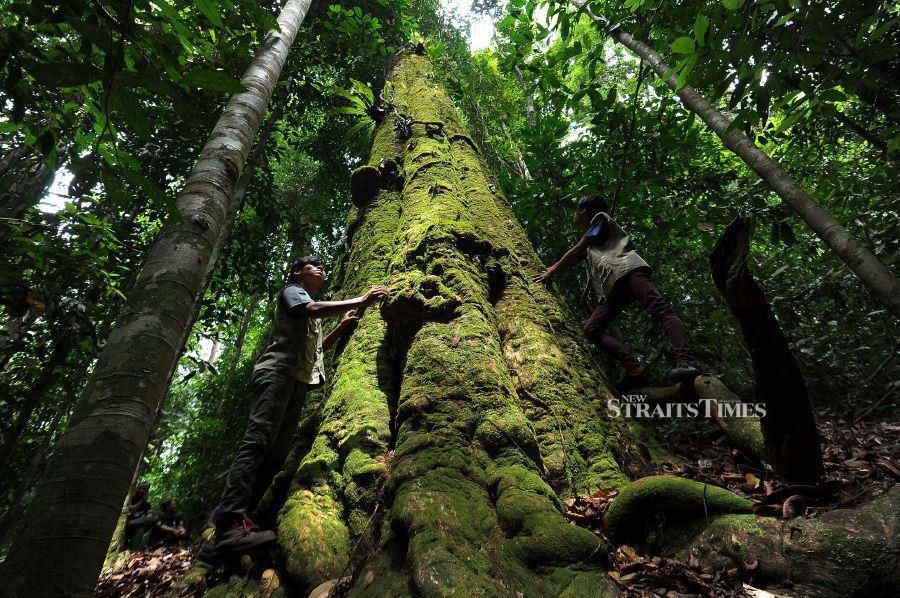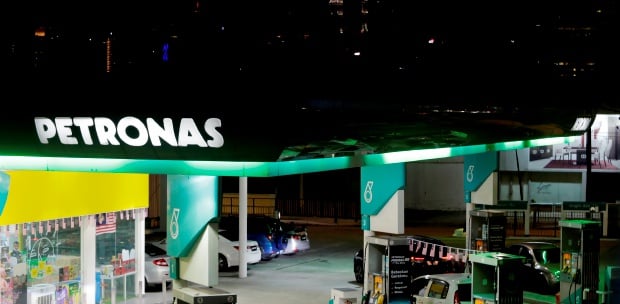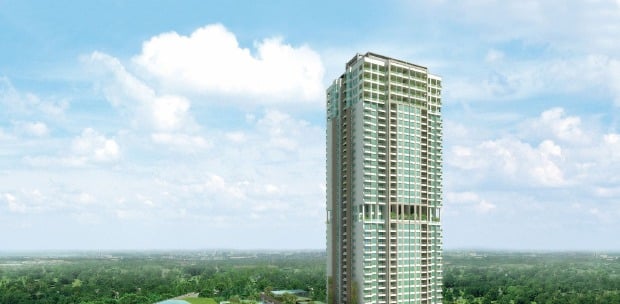TO mark World Environment Day, Yayasan PETRONAS provides a glimpse into why it’s championing biodiversity conservation
The word biodiversity often conjures up images of faraway places, deep in the jungles, where animals and plants co-exist together in a healthy eco-system. However, according to the World Health Organisation (WHO), human beings depend on biodiversity daily, even though it is not always visible or obvious.
Our health and general well-being rely on goods and services such as fresh water, food, medicine and fuel sources, which are derived from biodiversity and as such, should be managed sustainably.
Suffice to say, biodiversity is the foundation of human health and a requisite for a productive life. Biodiversity contributes to both traditional and modern medicines; it contributes to the economic development of a country as well as regulates the weather, floods and disease control.
Biodiversity is also responsible for recreational benefits, for example, the aesthetic advancement we get when we interact with nature, in addition to spiritual enrichment. Biodiversity not only features prominently in our daily lives but it is also crucial in both human-managed and natural ecosystems. Decisions we make about our environment affects biodiversity; therefore, it is imperative to adopt a sustainable approach as we continue to progress and develop.
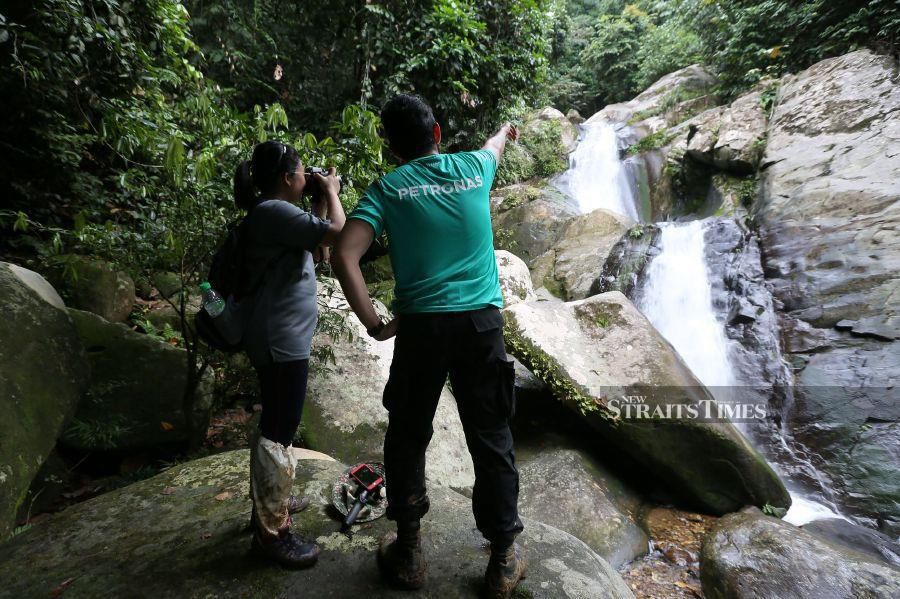
Malaysia: A Haven for Biodiversity
Although Malaysia occupies only 0.2 per cent of the world’s land mass, our diverse flora and fauna makes it one of the richest countries, in terms of biodiversity. We are second only to Indonesia, and Malaysia has been recognised as one of the 12 mega-diversity countries in the world. Currently, it is estimated that Malaysia is home to over 170,000 species of flora and fauna, and with a lot more still waiting to be discovered.
Our tropical rainforests, which have been in existence for more than 130 million years, are habitats to a considerable amount of diversity. However, extinction has reared its ugly head, and many species of plants and animals have been lost to us forever.
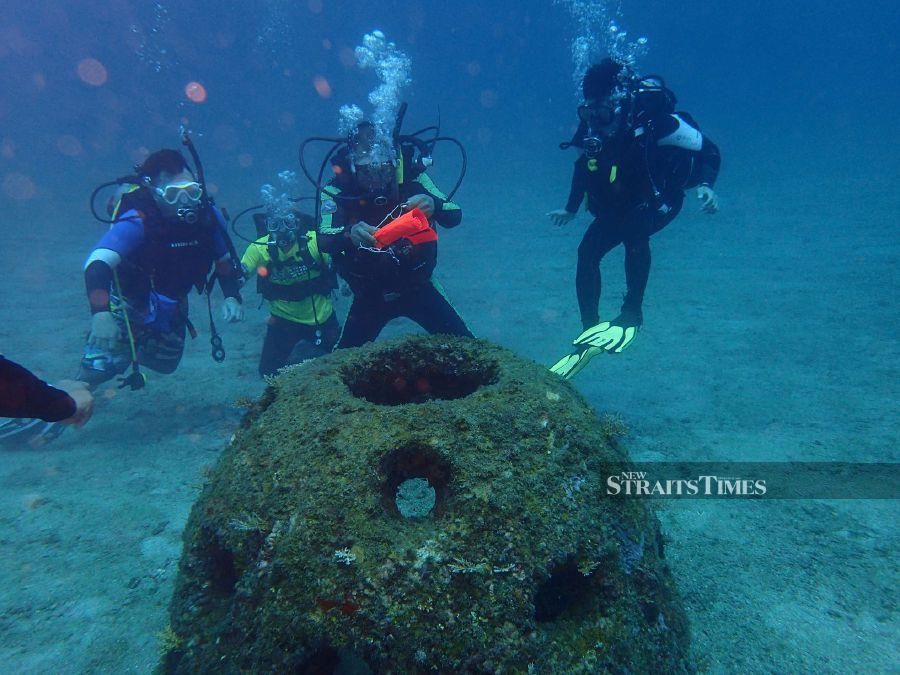
It is important for action to be taken, which should include creating and building awareness on the values of biodiversity, making changes in economic incentives by the public and private sector, and even enforcing rules and regulations to keep the ecosystem alive.
As a leading oil and gas producer, PETRONAS recognises its role to operate in a sustainable manner. By doing so, it is responsible for, and has the opportunity to help protect the environment.
Yayasan PETRONAS – For Biodiversity, For Life
Through its corporate social responsibility arm, Yayasan PETRONAS, the Company aims to deliver sustainable impact through the improvement of quality of life along with positive socio-economic changes through Education, Community Well-being and Development, and the Environment.
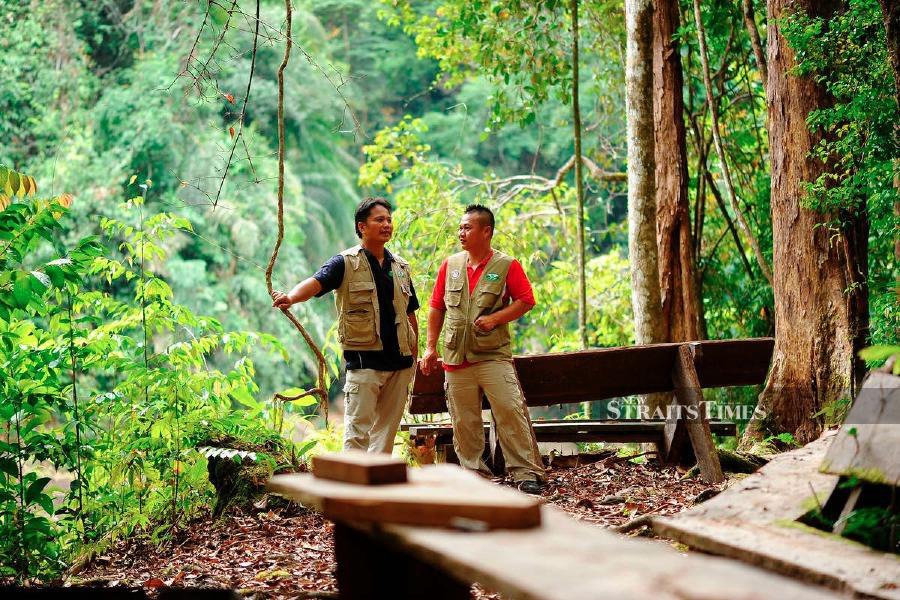
Yayasan PETRONAS works with many partners to ensure that the biodiversity of our rainforests, oceans and mangroves are preserved. Many initiatives have been undertaken, among them:
Rainforest Conservation : Imbak Canyon Conservation Area (ICCA) and Imbak Canyon Studies Centre (ICSC)
The Imbak Canyon Studies Centre (ICSC), located in a pristine rainforest area in the heart of Sabah was officially launched in March 2019, marking a historic milestone for the Imbak Canyon Conservation Area (ICCA).
The 27-hectare ICSC, funded by PETRONAS under the Yayasan Sabah Group-PETRONAS Imbak Canyon Conservation Partnership, features facilities for research, education, training and nature recreation.
By offering an environment research grant to encourage research related to biodiversity, carbon sequestration, and renewable and clean energy at ICSC, Yayasan PETRONAS aspires to build the capabilities of local researchers.

Yayasan PETRONAS is confident that the partnership with Yayasan Sabah Group will yield benefits not only in the sphere of conservation but will also open up opportunities for research in the areas of pharmaceuticals, novelty chemicals and application of Traditional Ecological Knowledge (TEK).
Mangrove Conservation
Mangroves are essential for coastal protection, and function as habitats for endangered species in addition to being a breeding and nursing ground for commercially valuable fishes. Through its long-term partnership with the Malaysian Nature Society (MNS) and the local government, Yayasan PETRONAS has established the ecoCare Environmental Education Centre.
With the support of volunteers, approximately 12,000 mangrove trees have been planted in Sungai Kerteh, Terengganu, covering an area of 14,000 square metres. The ecoCare programme also features educational activities for school-going children, local community as well as PETRONAS staff.
Marine Conservation
Yayasan PETRONAS, through a PETRONAS subsidiary, Malaysia LNG, has also ventured into the conservation and regeneration of marine biodiversity. Under the Biodiversity, Environmental and Conservation (BEACON) project, thousands of Reef Balls TM have been deployed in Similajau National Park, Bintulu, Sarawak.
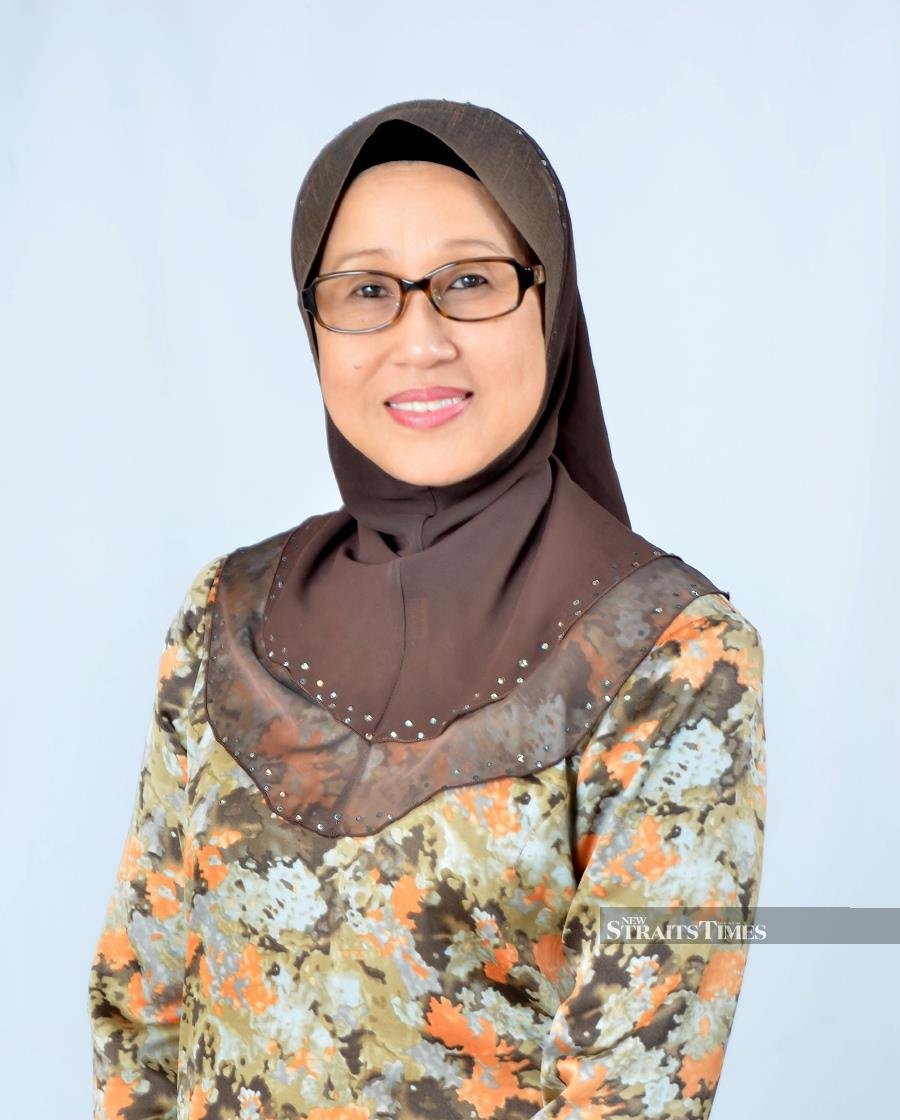
These Reef Balls TM help regenerate and rehabilitate corals in degraded areas. Ever since this exercise, it has been noted that sea turtles have once again returned to the Similajau Beach to lay their eggs after seven years of absence.
Yayasan PETRONAS is committed towards biodiversity conservation, which can be seen through many of its programmes and activities across land, coastal and marine ecosystems - from tropical rainforests to coral reefs.
These initiatives goes a long way towards improving the well-being of surrounding communities and ensuring that future generations can also enjoy and understand the importance of nature. One day, they will also play their role as part of the solution towards conservation.


